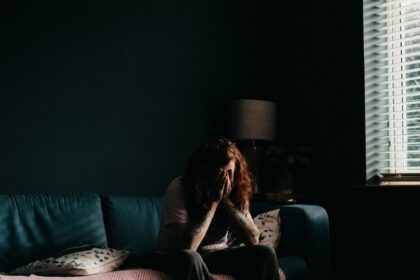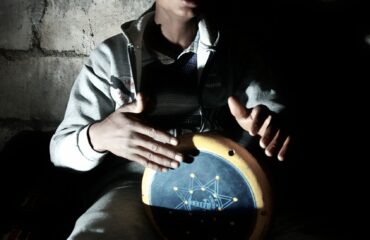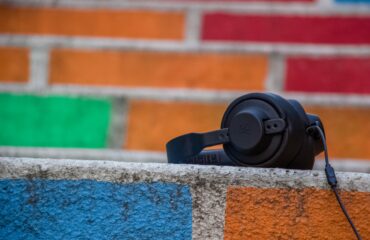From Chaos to Calm: De-cluttering Your Life for Better Self-Care

Do you find yourself surrounded by chaos, physically and mentally? Are you suffocating in a world filled with clutter? If yes, it’s high time to break free from these chains. Here’s a paradox for you: by subtracting things from your life, you might end up adding more than you ever thought possible. Welcome to the world of de-cluttering for better self-care
Chaos: A Silent Killer
Chaos is more than just physical clutter; it is also the mental mess that restricts our personal growth. It creeps into our lives, stealing our peace and tranquility, affecting our productivity and, worse, disrupting our well-being. The solution? Embarking on a journey from chaos to calm by embracing de-cluttering.
De-cluttering: The Bridge to Serenity
De-cluttering is not only about tidying up your living space; it also entails clearing your mental space and prioritizing self-care. It’s about recognizing that clutter, in all its forms, can be a significant source of stress and distraction in your life. By consciously deciding to de-clutter, you can cultivate a healthier environment, improved focus, and enhanced mental well-being.
Physical De-cluttering
The concept of physical de-cluttering is not new. From Marie Kondo’s KonMari method to the Swedish concept of ‘döstädning’ or ‘death cleaning’, various techniques can help you manage the physical clutter in your life.
Begin by removing unnecessary items from your living or workspace. Whether it’s old clothes, redundant gadgets, or piles of paper, eliminate anything that doesn’t serve a purpose or bring joy. This doesn’t mean you should live an ascetic life. Rather, the goal is to surround yourself with items that genuinely add value to your life, making room for peace and relaxation.
Digital De-cluttering
In the digital age, clutter isn’t limited to the physical world. Emails, notifications, applications, and digital files pile up, contributing to digital clutter. This can lead to feeling overwhelmed and anxious.
Start by organizing your digital files into appropriate folders and discarding what’s no longer needed. Unsubscribe from unnecessary newsletters and limit notifications to the most crucial ones. By streamlining your digital environment, you can boost productivity and minimize distractions.
Mental De-cluttering
Mental clutter refers to excessive thinking or overanalyzing, leading to mental fatigue, anxiety, and stress. Practicing mindfulness, meditation, or simply taking a walk in nature can help declutter your mind. Also, consider reducing your information intake. Just as you wouldn’t keep eating once you’re full, don’t overload your brain with unnecessary information.
The Intersection of De-cluttering and Self-Care
De-cluttering is a form of self-care because it allows you to create an environment that nourishes your mind, body, and soul. By choosing to eliminate clutter, you’re choosing tranquility over chaos, focus over distraction and peace over stress. It’s about investing time and effort to create a life that facilitates joy, productivity, and well-being.
Taking the First Step
The journey from chaos to calm can seem daunting, but remember, every significant journey begins with a single step. Whether it’s dedicating a day to clean out your closet, spending ten minutes each morning meditating, or blocking out time each week to organize your digital files, each small action can pave the way for a more tranquil and fulfilling life.
The benefits of de-cluttering are numerous and transformative. It’s about adopting a holistic approach to de-cluttering—physically, digitally, and mentally—for better self-care. So, what are you



